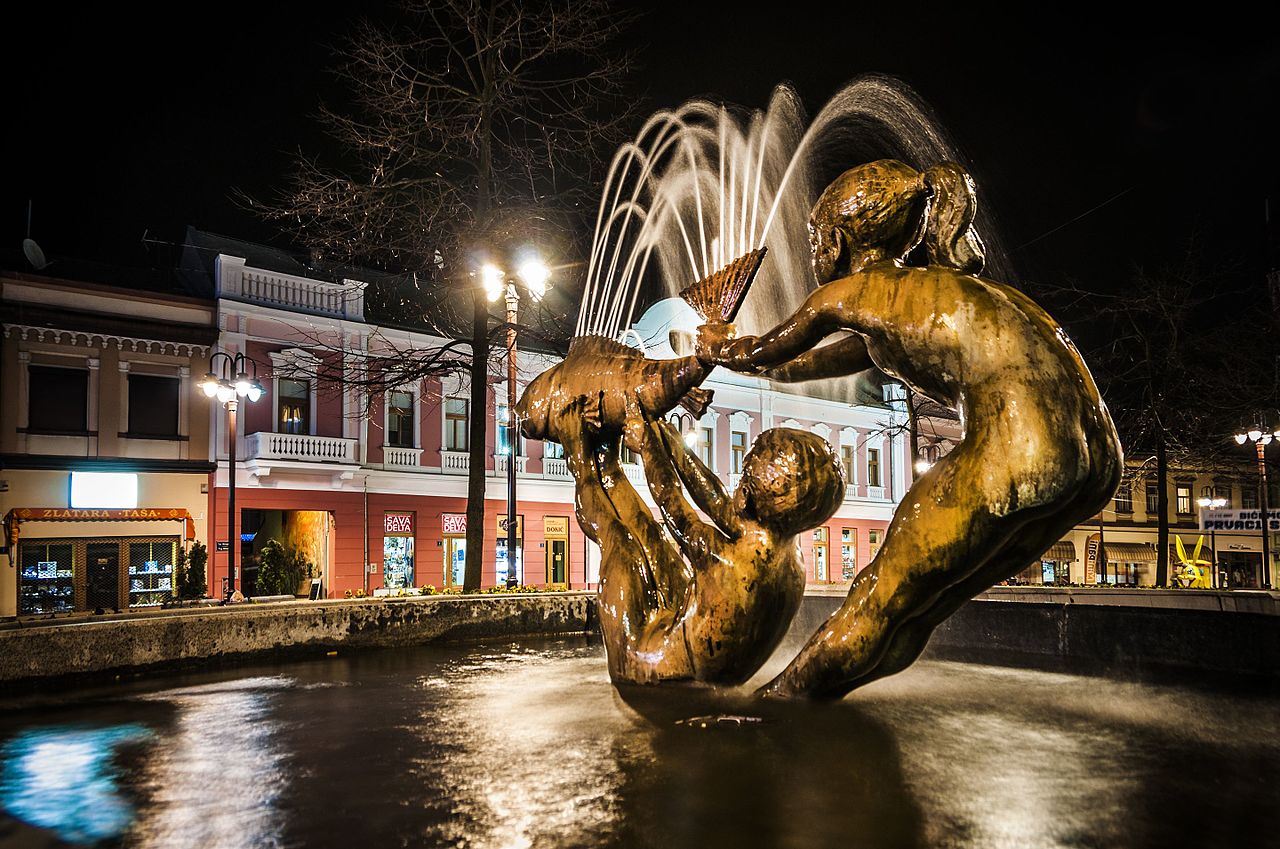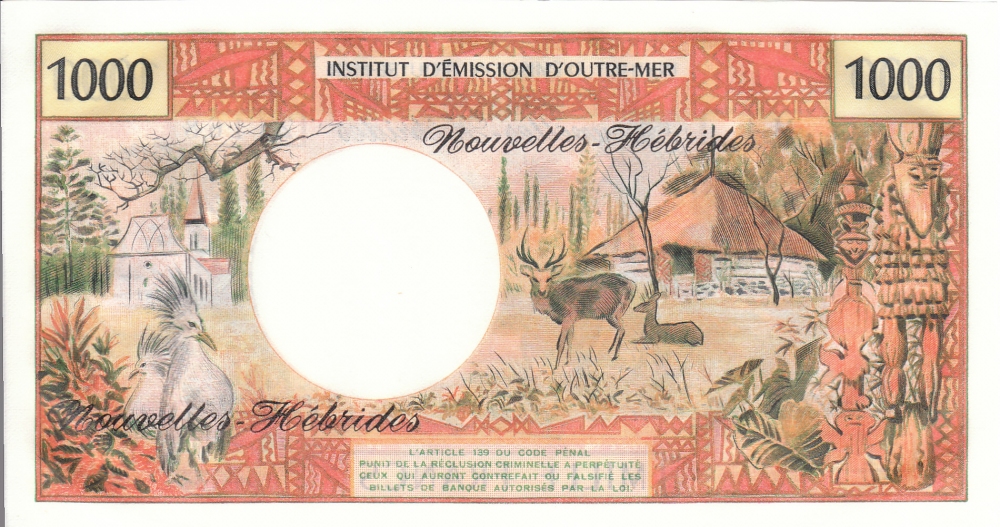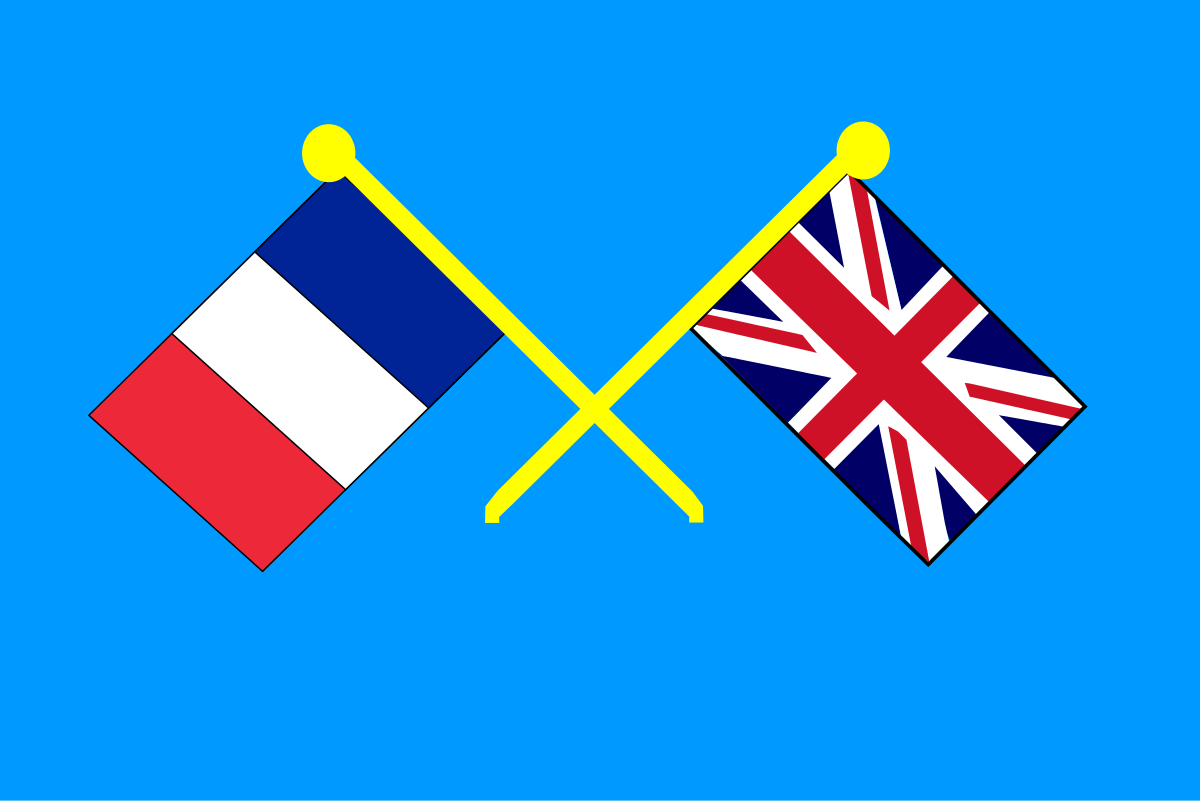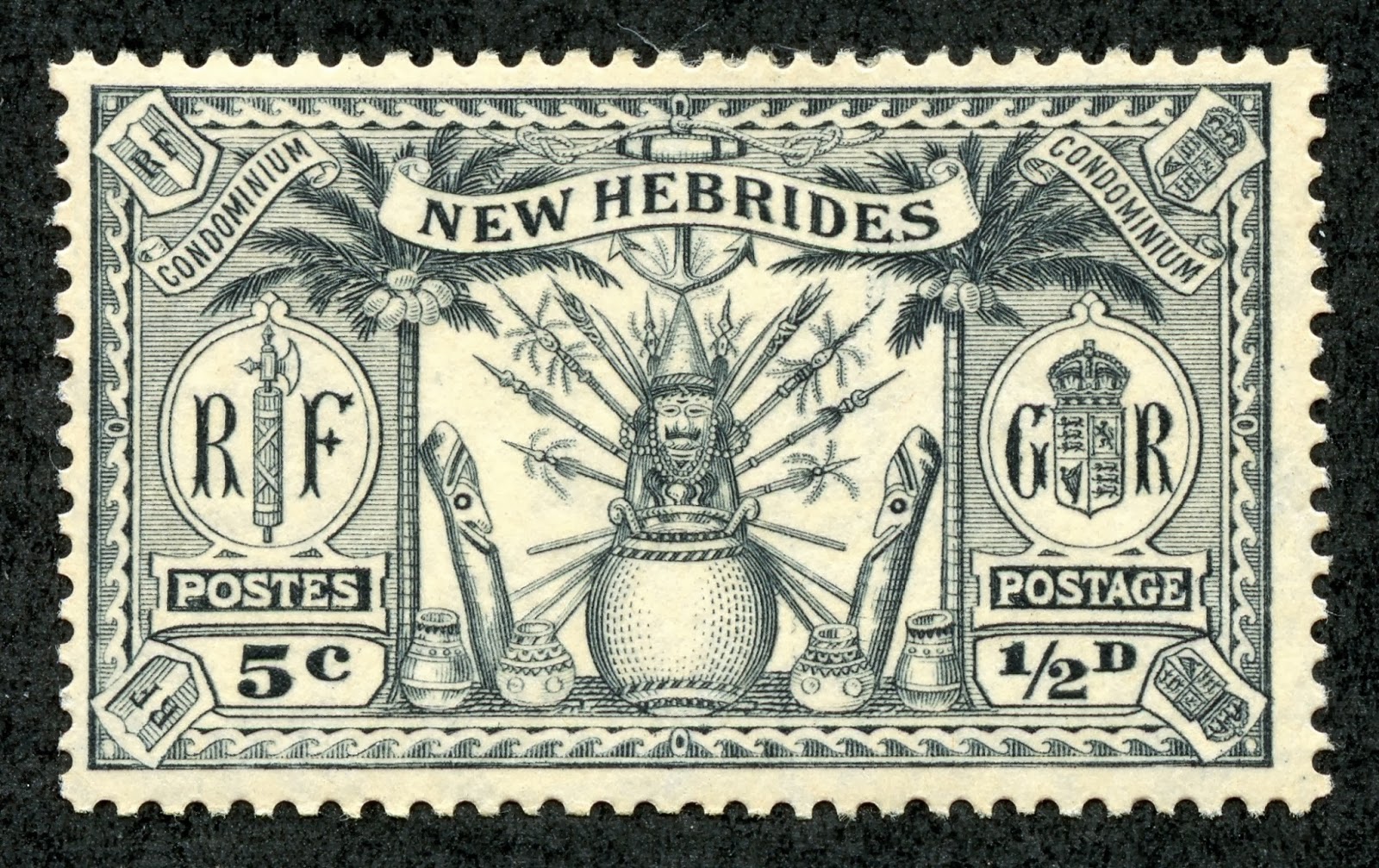Text: Žikica Milošević
Overlapping territorial claims have existed since the beginning of the organised state as we know it, but they have been resolved using a wide variety of tools, some now deemed obsolete, all in favour of “French revolutionary practise”, with ‘one state-one flag-one nation’ out of many ideas. But let us switch our minds to some more ambiguous solutions that also seem quite adequate: dominions, personal unions, dependencies, one-country-two-systems and… condominiums.

WIN-WIN, LOSE-LOSE, WIN-LOSE
Of course, there are solutions that please everybody, and solutions that please nobody. The first are perfect, the latter are second best, as Brad Pitt would say in “Inglourious Basterds” (Tarantino English orthography, yes). And then there are solutions where one side is happy and the other guy is left simply deeply unhappy. This is the worst kind of solution. Or the third best, to remain faithful to Brad Pitt. This is the case with Kosovo, Crimea, Abkhazia etc. And the various levels of de facto and de jure recognitions of situations on the ground do not help. I am honestly able to find few people in Serbia who would recognise an independent Kosovo, and few people in Kosovo (provided they are Albanians) who would recognise it is the Autonomous Province of Kosovo and Metohija within Serbia. Few people in Ukraine would say ‘okay, Crimea is Russian’, while there are equally few of those in Russia who would say it is Ukrainian. East Jerusalem? Best not even mention that.
Then there is the type of solution that leaves both sides feeling fairly satisfied. And these solutions, which are blurry and not particularly clear, are always the best. Like New Zealand, for example. Is it an independent state? Yes. Is it part of the British Commonwealth? Yes, as it is in a personal union with the UK, with Queen Elizabeth as New Zealand’s ruling monarch. It has two anthems: the Royal God Save the Queen and the local bi-lingual anthem. Take Hong Kong and Macau as other examples. Is Hong Kong a capitalist haven with English as the official language? Yes. It is democratic? Pretty much. Is it in China? Yes, since 1997: one country, two systems. Whoever designed such clever systems should be somehow awarded. These are win-win combinations, in the first case for monarchists and those seeking independent, in the second case for unitary communists and Cantonese capitalists clinging to British traditions.
CONDOMINIUM OR NOT?
And now the final question, what is a condominium in this context? It means pretty much the following: every building has two national flags (and the local one), all citizens have dual citizenship and two passports. They can choose their own, say, national football team to play. The police are neutral, as is the army, or both sides are present. You can conduct document administration according to the laws of either country; both languages, both currencies, everything dual. Both countries proudly print maps with the territory within their borders, because it is true. Some people say: I live in Country A, while some say: I live in Country B. And they are both correct.
Well, we have Andorra as a co-principality, but it is more like a fully independent country. This solution may sound strange, but I can’t see ongoing conflicts being resolved without some new Yalta, Potsdam, Berlin Congress or Versaille. Or some war. And this is a peaceful solution. It used to be said: you can’t have it both ways. Well, maybe we can. It is just that in our black-and-white concepts we have forgotten about shades of grey and thinking outside the box.


NEW HEBRIDES
The last high-profile case was that of the New Hebrides (now Vanuatu), from 1906 to 1980. The archipelago was a disputed territory, with conflicting claims from France and the UK, but instead of waging war properly to resolve the claims (with was a tradition at the time, and one that neither the French nor the British shied away from), the two friendly powers decided to do the unthinkable and form a joint government. It is not that the territory was going to be declared no man’s land, neither neutral nor independent, but rather it would belong to both countries. To quote historical facts: “Under the Condominium there were three separate governments – one French, one British, and one joint administration that was partially elected after 1975. The French and British governments were called residencies, each headed by a resident appointed by the metropolitan government. The residency structure greatly emphasised dualism, with both consisting of an equal number of French and British representatives, bureaucrats and administrators. Every member of one residency always had an exact mirror opposite number on the other side who they could consult. The symmetry between the two residencies was almost exact. The joint government consisted of both local and European officials. It had jurisdiction over the postal service, public radio station, public works, infrastructure and censuses, among other things.”
